Interview with Lorenz Glaab, Head of Global Product Management, Kia Motors
On the sidelines of the Expo, we spoke to Lorenz Glaab, Head of Global Product Management, Kia Motors, about the response the Carnival and Seltos have received in India and their future plans for the Indian market.
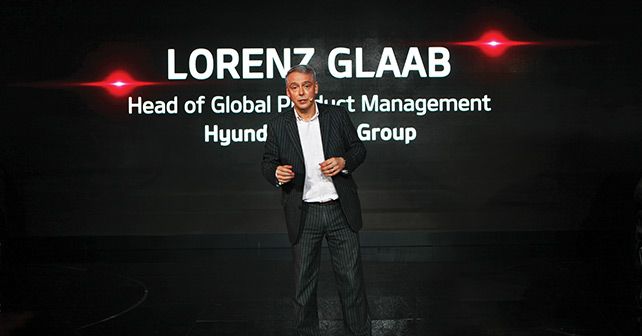
On the sidelines of the Expo, we spoke to Lorenz Glaab, Head of Global Product Management, Kia Motors, about the response the Carnival and Seltos have received in India and their future plans for the Indian market.
The Carnival is a brave move by Kia in India. What was the idea behind launching it as your second product in India?
It really is a fairly bold move! For us, as a young brand, the trend is much more important. So, the trend is our friend. We looked at various segments in India, and we also looked at the possible trends for the next 3 to 5 years, and then we moved in aggressively. In the case of the Carnival, we have a global aspirational brand basically covering what is a wide spot in the Indian market at the moment. It was a bold move, yes, but the reaction from the customers really gave us a lot of confidence. Over 3,500 bookings, without even announcing the price or full details, mean that we are off to a very strong start. And this goes hand-in-hand with our vision for Kia in India. We want to make sure that brand-building and positioning always has a very important role in every model we launch and every segment we enter.
Do you think the reception to the Carnival means that we can see products that are positioned even above the Carnival?
Kia should clearly be seen as a global aspirational brand. We build our portfolio around that idea. Now, could we envision, as the automotive market here matures, a product priced even above the Carnival? Well, yes, absolutely!
The Sonet is very interesting, but with its sub-4-meter size, how does it fit in your global product range?
We can see significant shifts in the market. For instance, hatchbacks were incredibly popular in the past, but now they are increasingly being replaced by crossovers and smaller SUVs. This is a global trend, both for developing and developed markets. With the Sonet, from the Indian perspective, we have put a lot of focus on where the market and Indian customers are likely to move in the future. Currently, from A and B- hatchbacks to B- or B+ SUV and so on.
The automotive market is in a bit of flux concerning the fuel of the future. What’s your personal view on what’s going to be the future of motoring in medium-term?
Globally we can already see that even in traditionally very diesel-heavy markets, there is a marked shift from diesel to petrol and to new-energy vehicles. This is a global trend and I don’t think this will stop anytime soon. From a global perspective, we will have several technologies running in parallel – Hybrid, Plug-in Hybrid, BEVs, and Fuel Cells maybe for higher segments. So, all this increases complexity and also the scope of work and infrastructure needs for both governments and OEMs. In the case of India, it’s going to be very interesting. Maybe India will be faster than what a lot of people believe in implementing legislation and also in creating a market not only for Hybrids but also for BEVs.
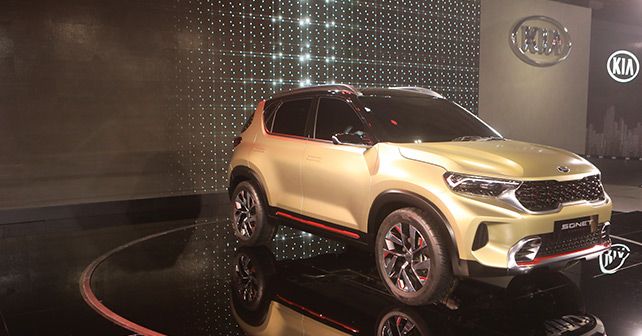
Do you think, in that case, there could be potential for a product like the Soul EV in India?
Yes, amongst our global EV models we have the Soul, we also have the Niro and we would definitely like to get feedback about them from both the customers and the media.
The large SUV segment is not very populated in India. There are a few players, but there’s also room for expansion. Have you thought about the Telluride for India?
In medium-term, yes, why not? India is a big country, with big demand for SUVs. But, in the short to mid-term, we will continue to focus on the C and D segments.
In the time that Kia has been in India, what do you think are the pillars of the brand from the customer’s point of view?
I think in India we have a very unique opportunity to start from scratch. And that gives us the freedom to focus on those segments which are the most promising. At the same time, we put in a lot of focus and a lot of effort in building the brand. With the Seltos we’ve made a strong statement in the SUV space and then, of course there is the Carnival which is our high-end limousine. And, we will not be present in every segment, we only want to be present in the right segments and be meaningful in those segments.
In India, with the new vehicular emissions norms, small diesel cars are becoming quite expensive. What is your view on that? Are you going to offer the Sonet with a diesel option?
With the Sonet, we will have three engine options – a turbo petrol, a naturally aspirated petrol, and a diesel. So yes, we will see a decrease in diesel demand, but it is still going to be relevant for a few more years. And, with our Bharat 6 technology, I don’t think we’ll have any issues.
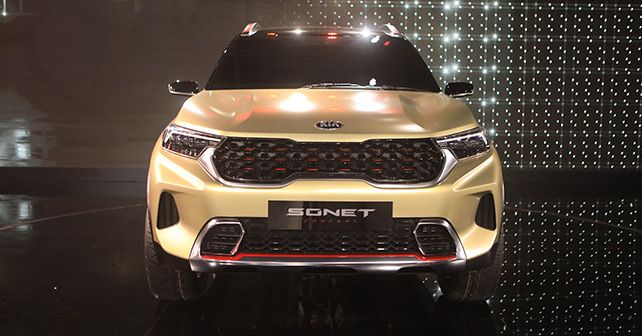
Also read - Interview with Bernhard Maier, CEO, Skoda Auto
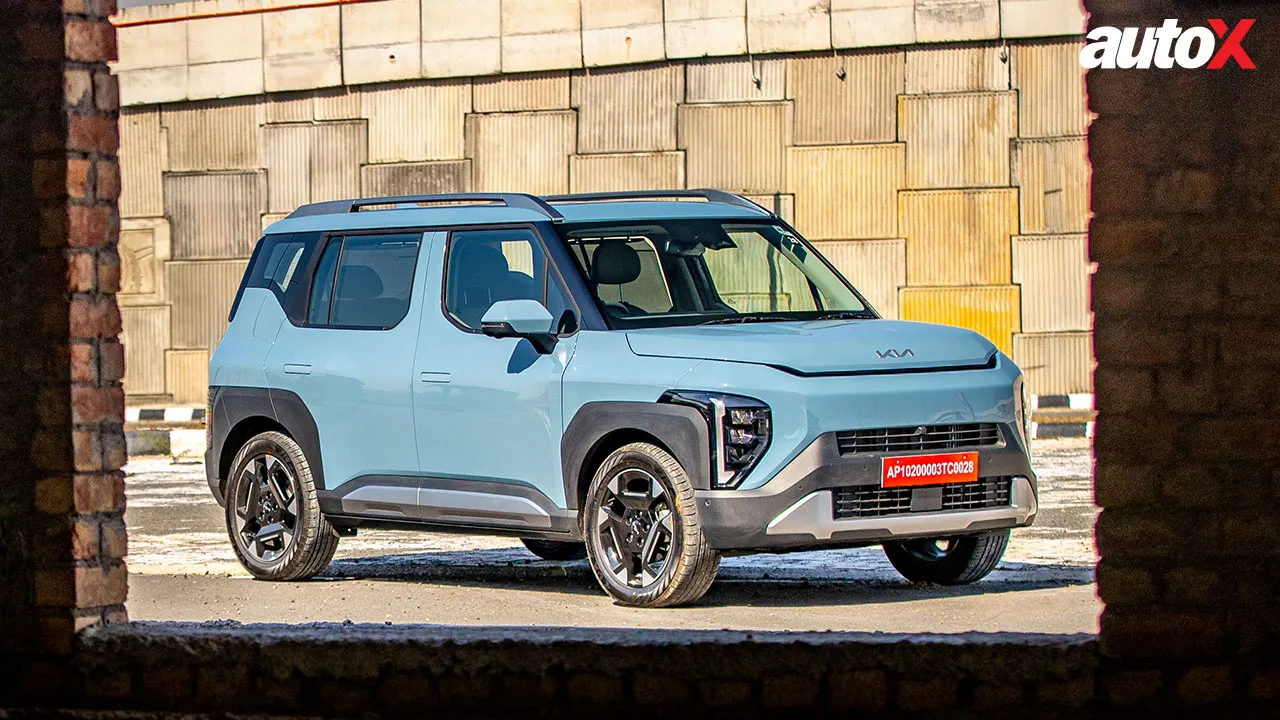
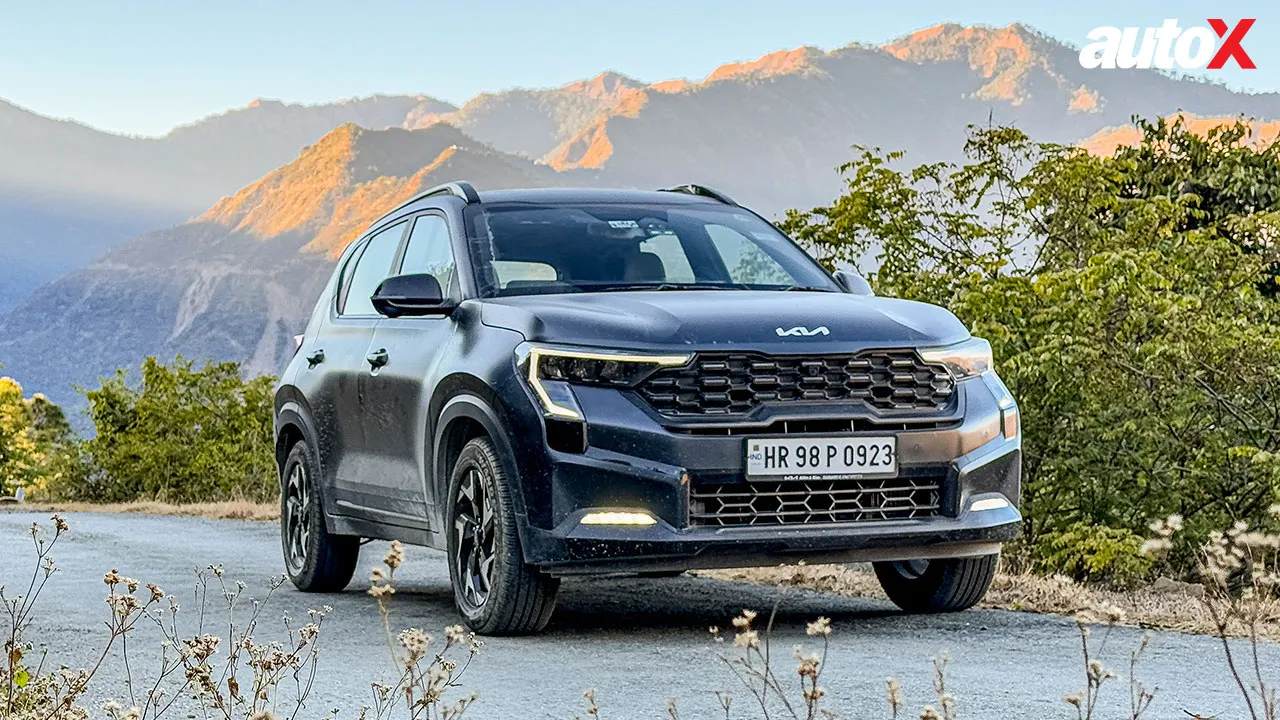
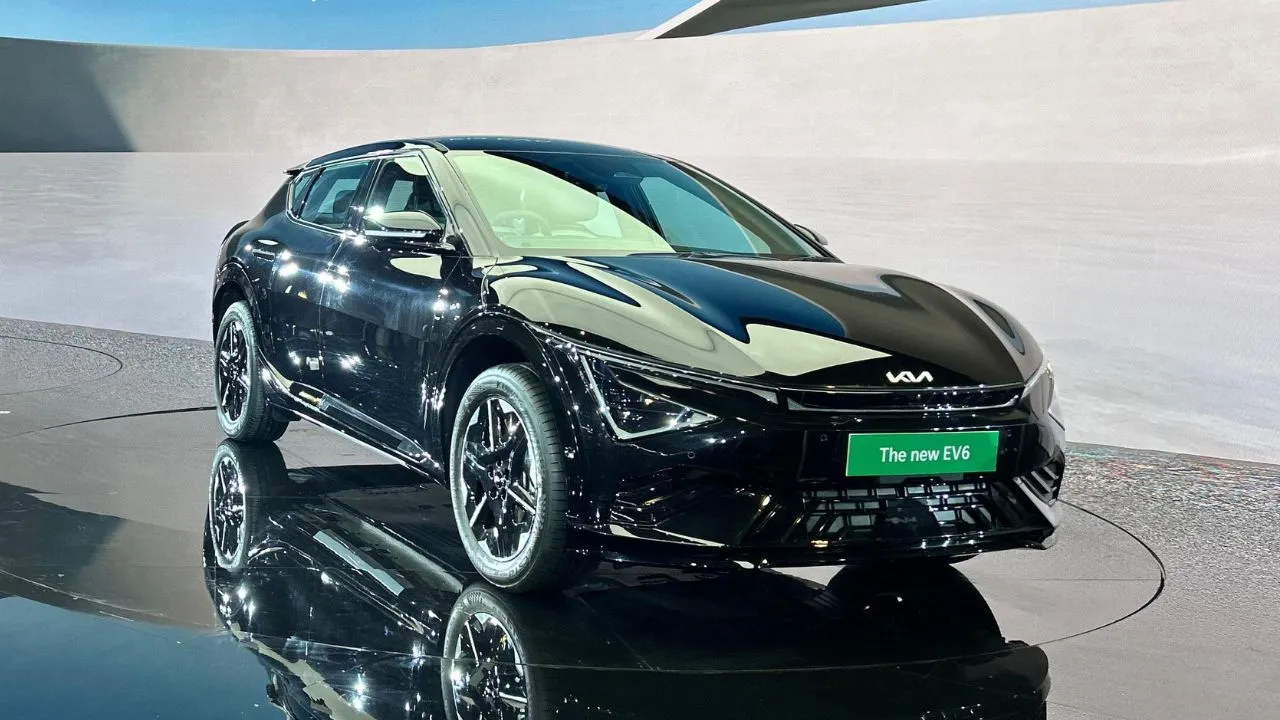
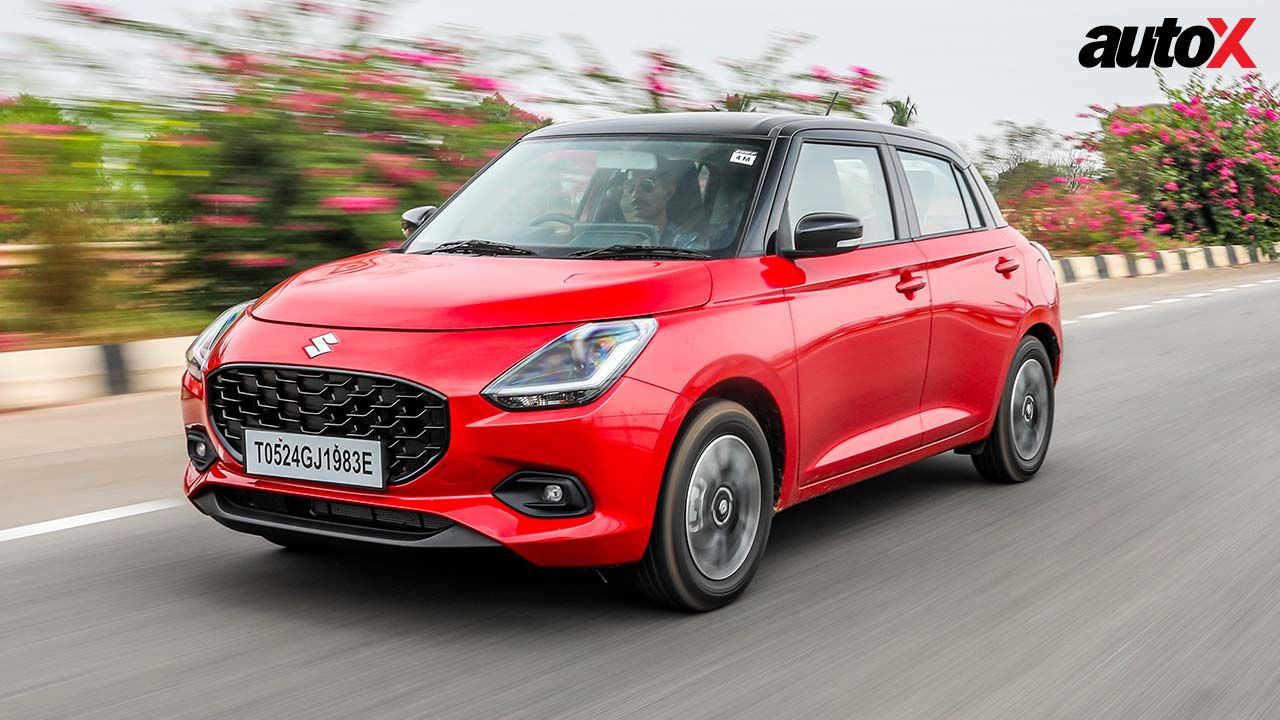
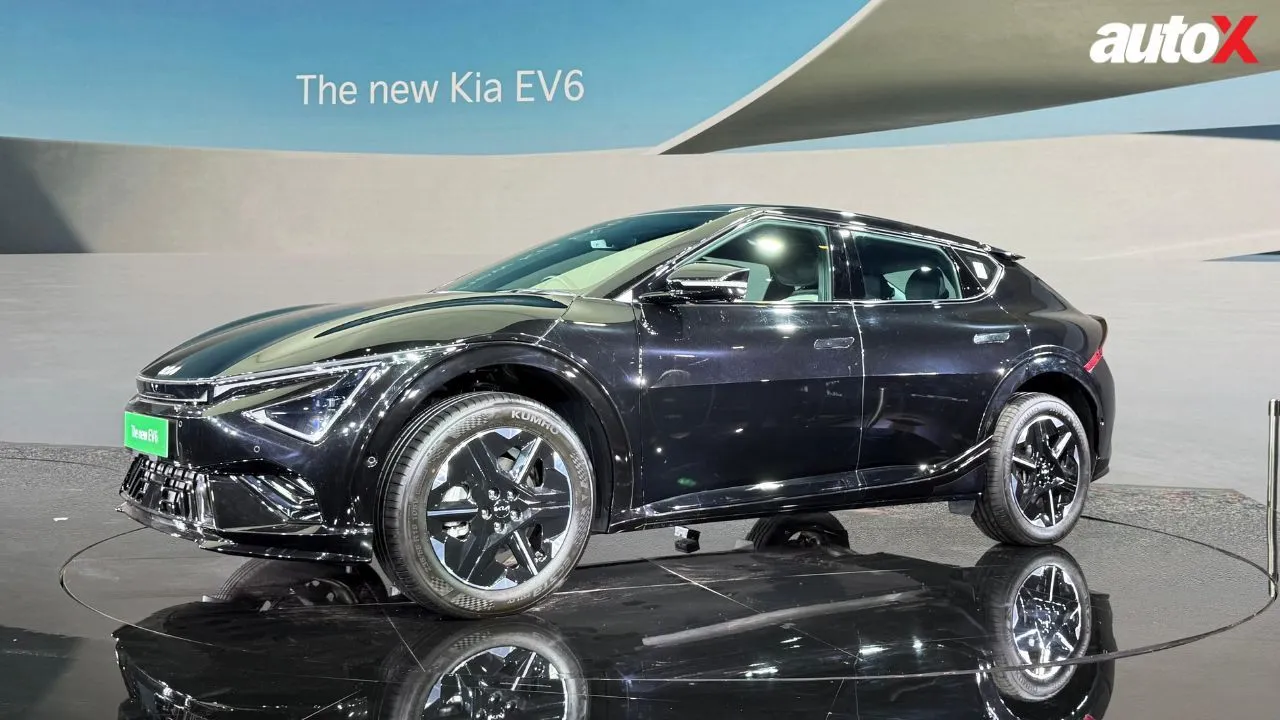
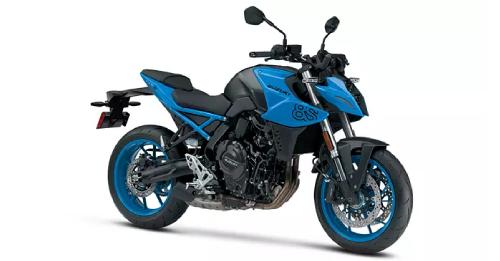
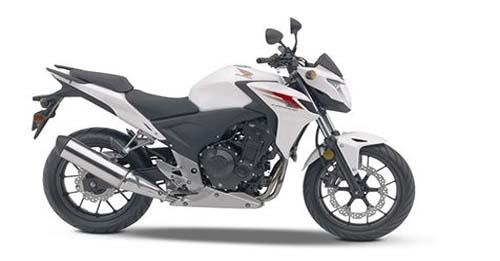
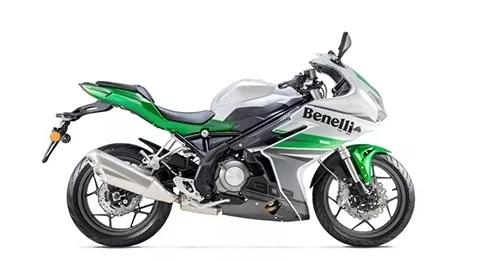
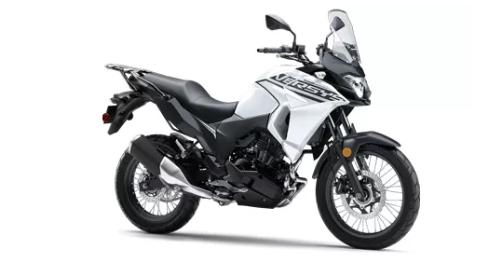
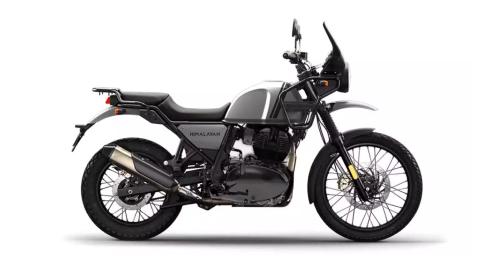
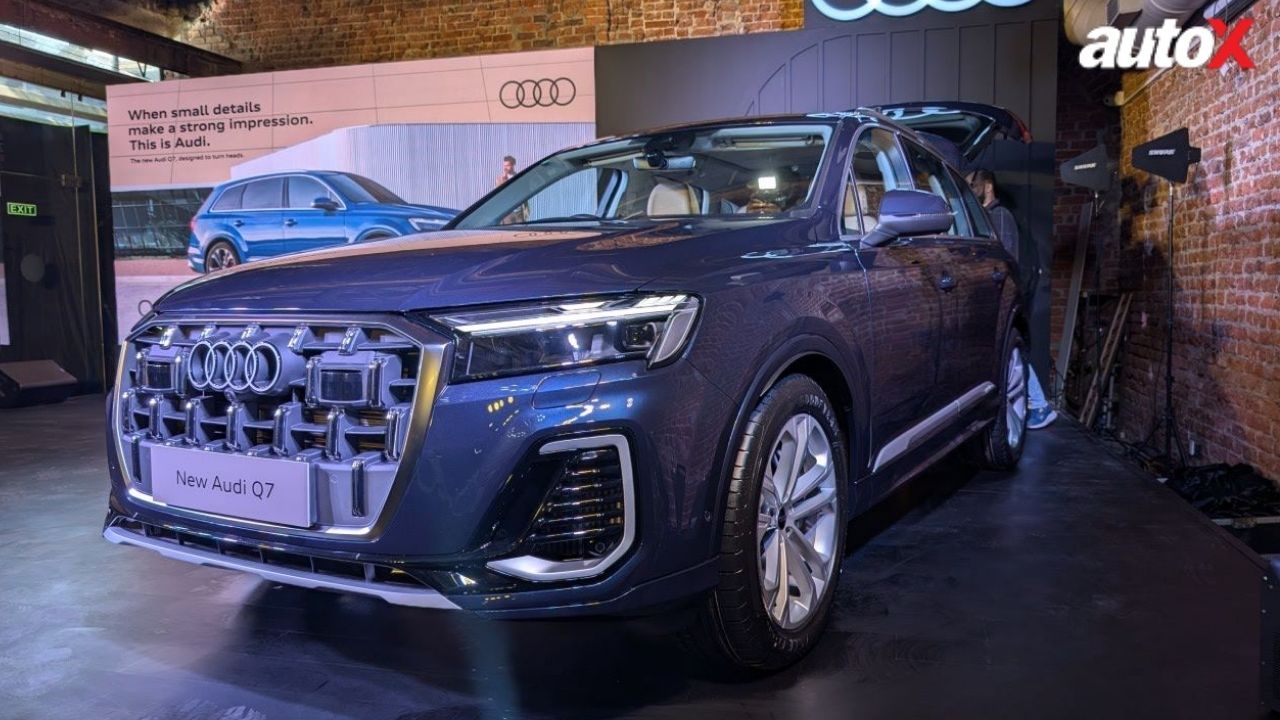
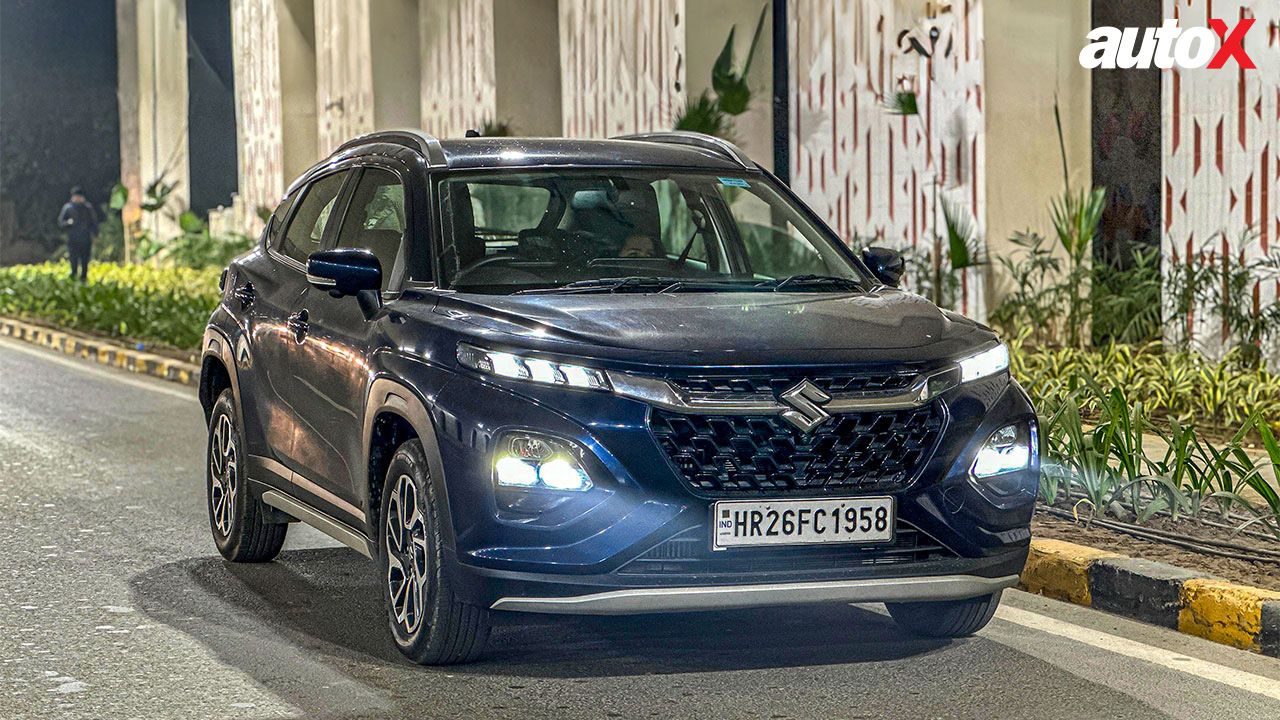
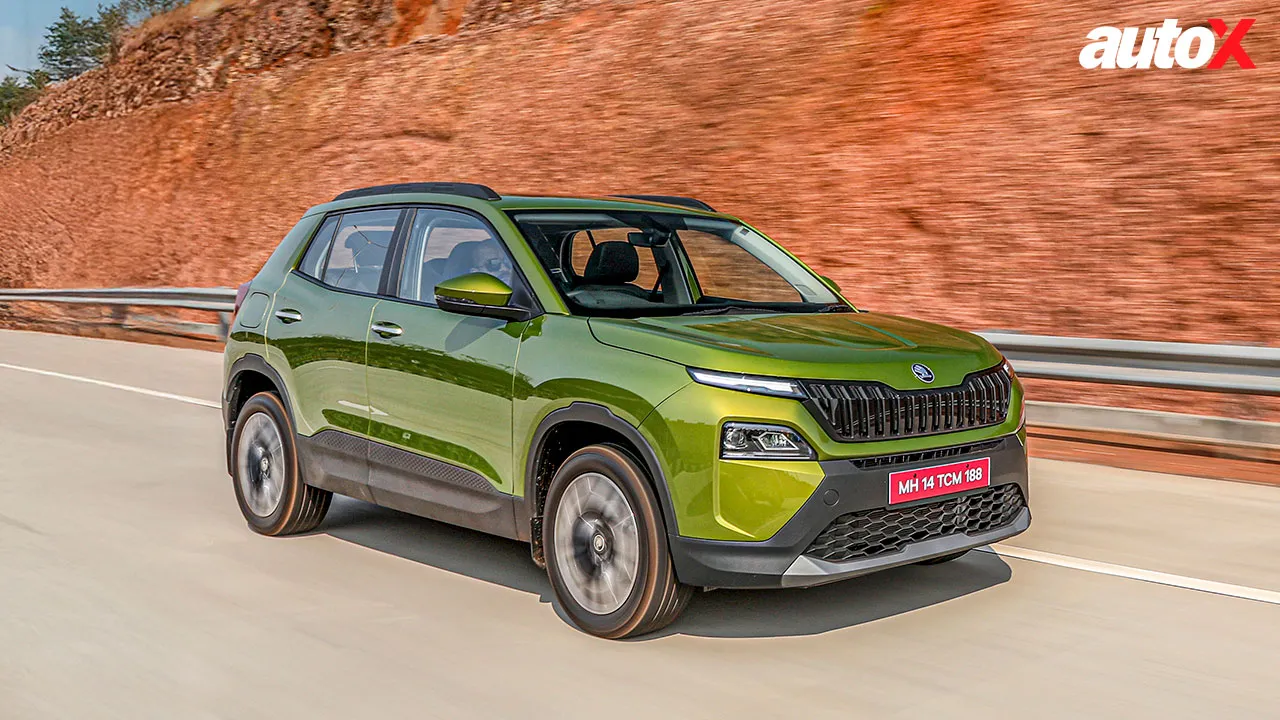
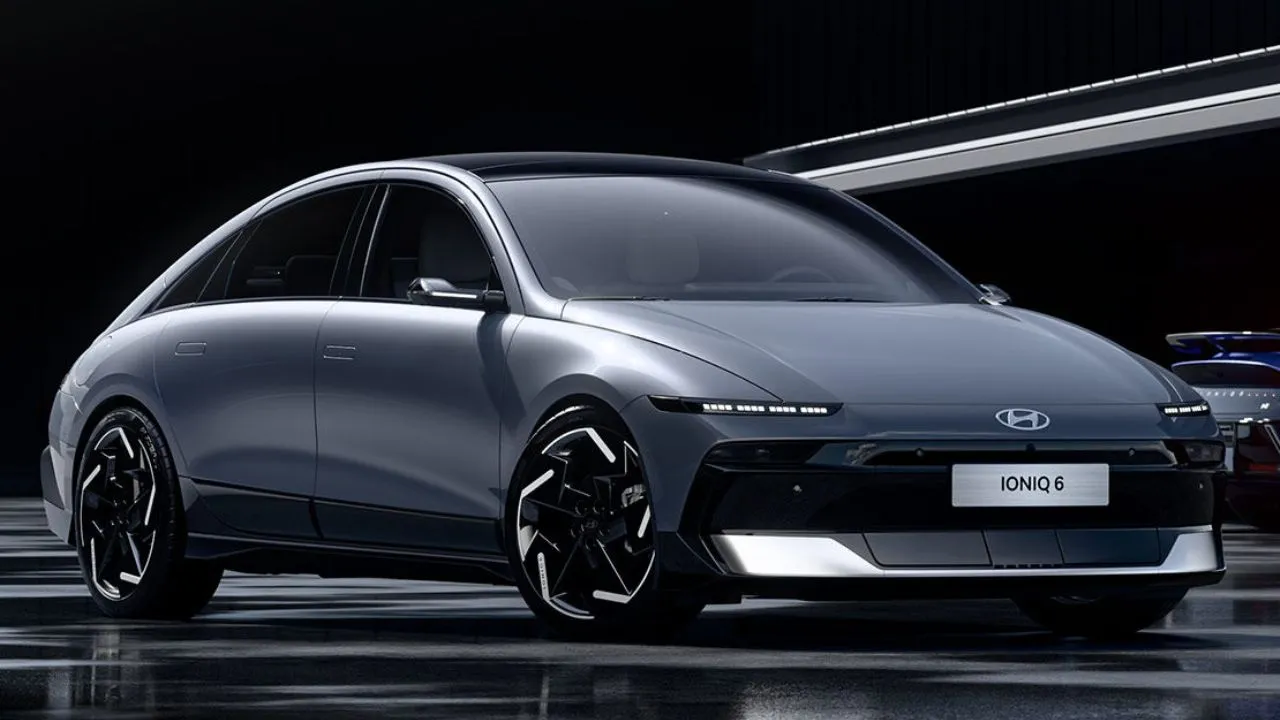





Write your Comment on